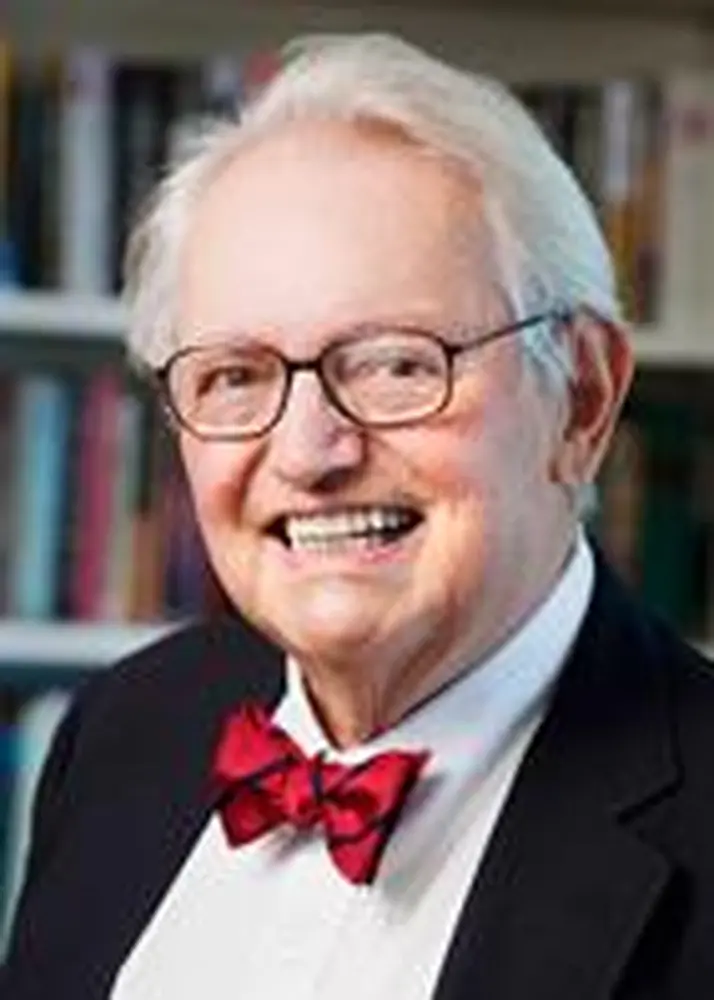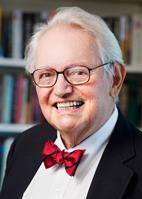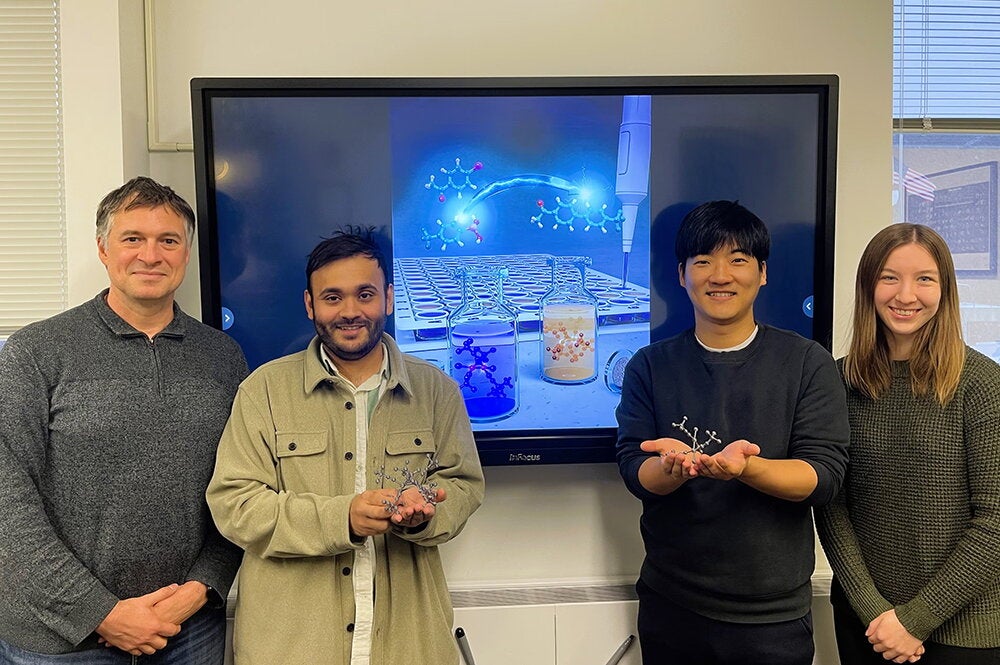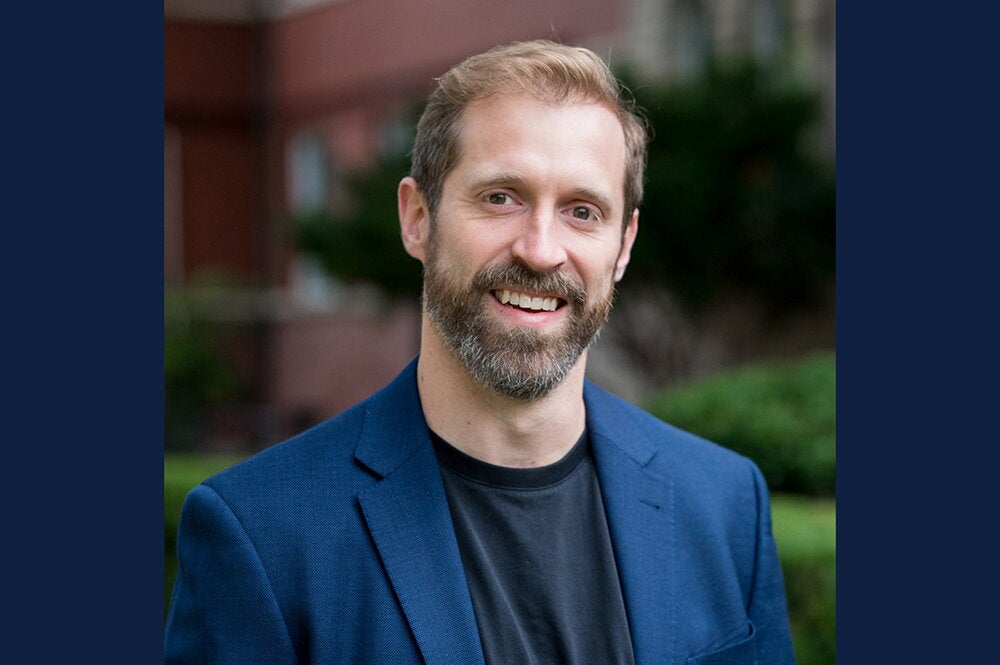

Charles P. Slichter, Research Professor of Physics and Center for Advanced Study Emeritus Professor of Physics and Chemistry at the University of Illinois, has been selected as a recipient of the 2007 National Medal of Science.
President George W. Bush will present the medal at a White House ceremony on September 29. During the ceremony, he also will award the National Medals of Technology and Innovation. The medals are the nation's highest honor for work in science and technology.
The science medal recognizes Slichter for "establishing nuclear magnetic resonance as a powerful tool to reveal the fundamental properties of molecules and solids, enabling a host of modern technologies in condensed matter physics, chemistry, and medicine."
"The leadership of Illinois in defining the American research university over the course of the last century is well known," says Richard Herman, the chancellor of the Urbana campus. "That story, of course, is one that is a tale of individual and team accomplishments. Professor Slichter's work and the students he mentored is a truly significant element of that story. We continue to benefit from his presence at Illinois."
Established by Congress in 1959, the National Medal of Science recognizes men and women who have made outstanding contributions to knowledge in the physical, biological, mathematical, social, behavioral, and engineering sciences. Of the dozen U of I faculty members who have received the National Medal of Science, Slichter worked actively with John Bardeen, Harry Drickamer, Herbert Gutowsky, and Frederick Seitz. Other faculty recipients include Nick Holonyak Jr. and Carl Woese.
An internationally recognized leader in condensed matter physics, Slichter is one of the world's top research scientists in the area of magnetic resonance, and has been a leading innovator in applications of resonance techniques for understanding the structure of matter. His physical insight and experimental mastery have allowed him to make seminal contributions to an extraordinarily broad range of problems of great theoretical interest and technological importance in physics and chemistry.
Slichter earned his bachelor's degree in 1946, his master's in 1947, and his doctorate in 1949, all in physics from Harvard University. He joined the U of I faculty in 1949. Although he retired from teaching in 1996, Slichter maintains an active research program and remains a vital presence in the physics department.
Among his many awards are the American Physical Society's Oliver E. Buckley Condensed Matter Prize (1996), the U.S. Department of Energy's Prize for Outstanding Scientific Accomplishments in Solid State Physics (1993), the National Academy of Science's Comstock Prize (1993), the Triennial Prize of the International Society of Magnetic Resonance (1986), and the APS Langmuir Prize (1969).
Slichter is a member of the American Academy of Arts and Sciences, the American Philosophical Society, and the National Academy of Sciences, and a fellow of the American Association for the Advancement of Science, the American Physical Society, and the International Paramagnetic Resonance Society. He has trained more than 60 doctoral students, who have gone on to important leadership positions in academia and industry.


